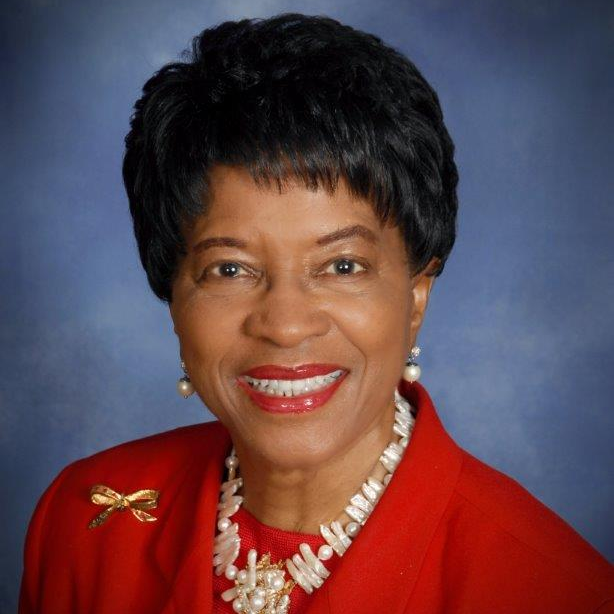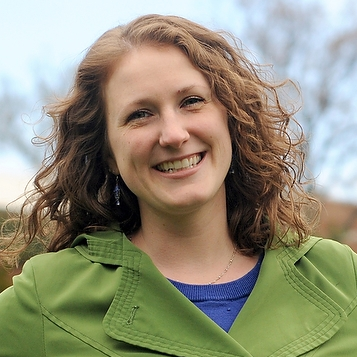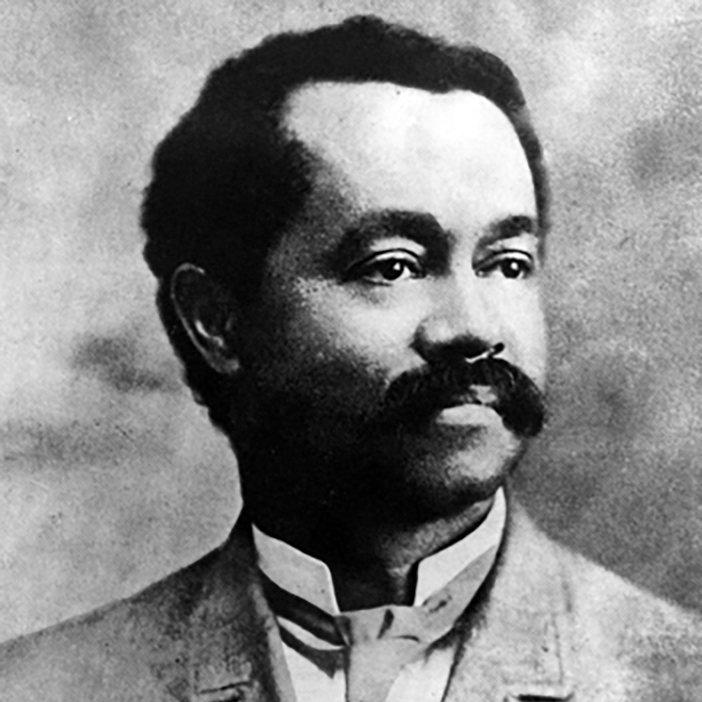
Ruth Ella Moore

presented by Carlee Edelman
Fields: Microbiology and Bacteriology
Moore's dissertation on the bacteriology of Tuberculosis facilitated new testing techniques for the eventual discovery of active and inactive TB disease and TB infection (respectively). Despite coming from many marginalized groups, Ruth Ella Moore excelled in every aspect of life, and paved the way for herself and scientists to follow her.
Rosalind Franklin

presented by Kora Burill
Field: DNA Structure
" She faced adversity from many men in the field, and yet, was ambitious enough to undertake the challenge of capturing DNAs complex structure. Her innovation in the field of science has helped pave the way for women like me to be able to pursue careers in STEM. " Kora Burill
James Croll

presented by Madeline Eaton
Field: Climatology
James Croll published a theory of the role Earth's orbit might play in causing climate change. Born in Scotland, he came from a small, humble background and still was able to make a name for himself. Croll dropped out of school, was financially unstable, and didn't accomplish much until he shot his shot into science and flabbergasted the leading scientists of his time with his theories. Madeline Eaton
Nettie Stevens

presented by Frederick Pytel
Field: Genetics
Nettie Stevens discovered the existence of sex chromosomes. Nettie Stevens made revolutionary discoveries at a time when it was very unusual for women to be able to work in science at all. She had a goal of becoming a scientist and didn't let anything stop her, even teaching for many years to be able to attend University. Nevertheless, other scientists took credit for her work and said that it was their own. Frederick Pytel
Percy Lavon Julian

presented by Shi Ra Shong
Field: Synthetic Chemistry
Dr. Julian was best known for synthesizing physostigmine, naturally found in the Calabar bean, to treat glaucoma. Dr. Percy Lavon Julian inspired me because of his sheer determination to strive despite all the prejudices he faced because of his identity. His passion and pioneering work helped him become the successful chemist he worked so hard to become. And on the way to becoming one of the most legendary chemists out there, he helped so many people by abundantly synthesizing drugs to be easily accessible to the people who truly needed it. Shi Ra Shong
Otto Loewi

presented by Shane Epstein-Petrullo
Fields: Pharmacology and Metabolism
Otto Loewi , a German and Austrian, demonstrated that chemical substances can affect tissue reactions and also discovered acetylcholine. He survived the German invasion of Austrian where he and his sons were beaten and abused by Nazis, and he was forced to hand his research and possessions to the Nazis. Despite these hardships, he admirably showed extreme resilience, and a commitment to his family. Shane Epstein-Petrullo
Reatha Clark King

presented by Stephanie Mensah-Yawson
Field: Chemistry
Reatha Clark King helped discover bomb and fluoride measurements needed to build up fuel for the NASA space race. Dr.Raetha Clark Kings journey wasnt one without obstacles but her success despite facing challenges and barriers teach me how to be resilient and determined. Her act of teaching in community outreach programs and fostering interest in science among young people showcases a dedication to creating a positive impact beyond her professional achievements. As an African American woman in the sciences, King's story serves as an inspiration for me to continue to pursue my career in STEM. Her success demonstrates the importance of diversity in scientific research. Stephanie Mensah-Yawson
Apryl Pooley

presented by Natalie Pickens
Field:
Neuroscience-PTSD Research
Apryl Pooley discovered the differences between men and women when it comes to how they respond to traumatic experiences.
George Washington Carver

presented by Lauren Richmond
Field: Agriculture
George Washington Carver established an agriculture extension in Alabama and founded an industrial research lab. He also discovered more than 300 uses for peanuts and hundreds more uses for soybeans, pecans and sweet potatoes. George Washington Carver inspired me because of his connection with peanuts, being a peanut lover myself. Although born a slave, he became a prominent agricultural scientist, educator, and humanitarian. His work focused on helping farmers, especially African-Americans, achieve self-reliance through practical education and innovative agricultural research. Carvers legacy exemplifies resilience, determination, and the power of science to bring about positive change.
Maame Dansoa Somuah
Charles Henry Turner

presented by Michael Schnabel
Field: Zoology and Entomology
Turner set the standard for minimizing factors that could lead to errors in experimental procedures with animals. Dr. Turner laid the groundwork for the study of insects, a field that I am interested in. He published an incredible amount of papers in his career and disproved widely held misconceptions about insect behavior. He managed to do all of this despite the extreme discrimination he faced throughout his education and career and his contributions changed the way we view insects.
Michael Schnabel
Barbara McClintock

presented by Daphne Trillana and Gavin Fronek
Field: Zoology and Entomology
Barbara McClintock inspires me because of her perseverance in the field of cytogenetics. Even though women were unable to major in genetics she did not let that affect her passion which later led to her being the first woman with an unshared Nobel Prize. I plan on pursuing a STEM career and she is a big inspiration to me. This is why I chose McClintock as the Scientist Who Inspires Me.
Daphne Trillana
Barbara McClintock made revolutionary discoveries that changed the field of genetics. Throughout her journey she had to overcome challenges at every step. Her research was decades ahead of any other person at the time and she was not recognized until almost 30 years later. She was able to overcome adversity and completed revolutionary research. I admired her persistence and that she challenged the scientific beliefs of the time.
Gavin Fronek